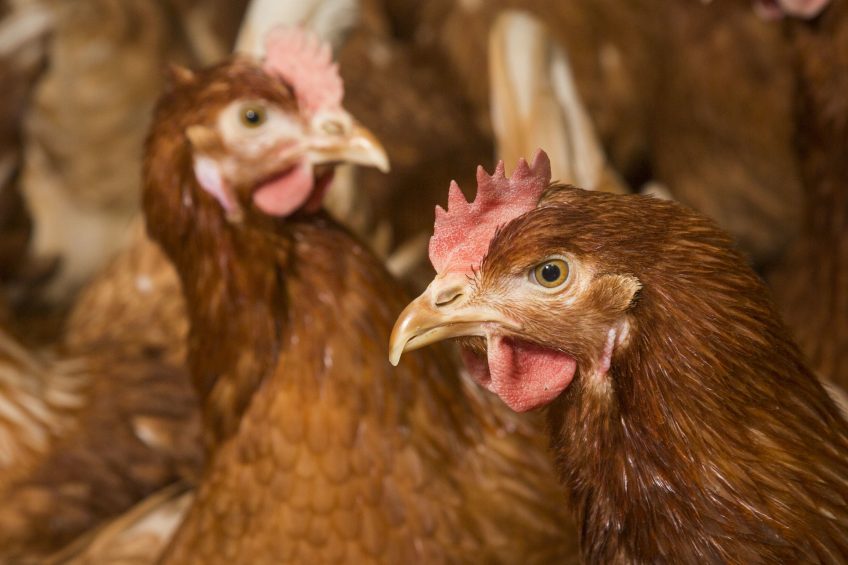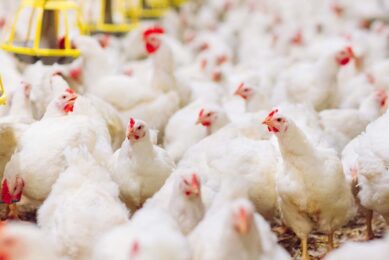South Korea improving food safety after DDT discovery

The South Korean government has announced plans to improve food safety by encouraging free range poultry production after traces of DDT were found in meat destined for human consumption.
The DDT (dichloro-diphenyl-trichloroethane) was found in hens on two layer units during testing for other insecticides as the fipronil contamination scandal spread from central Europe.
DDT was banned in South Korea in 1973 and the farms have denied using the chemical. Investigating officials believe the DDT may have persisted since the 70s when both farms grew fruit.
However, the explanation has not stemmed the public outcry because layers in South Korea are often sold for human consumption at the end of their productive lives.
In a bid to restore public confidence, the government pledged to carry out DDT tests in all chicken meat from layer units.
The tests will be made in addition to those already being conducted on hens at the 52 farms in the country where eggs were found to contain pesticides last week.
Further long-term measures to allay consumer fears over poultry products, have also been announced by the South Korean Ministry of Agriculture, Food and Rural Affairs.
It has pledged to introduce mandatory free-range poultry farms as of 2018 to “improve the hygiene and safety of birds”.
It added that it would provide financial incentives to livestock farmers who removed confinements and cages and instead kept their animals outdoors.
The ministry also said that it would introduce a national system to trace eggs from production to sale within two years. And put in place further measures to tighten quarantine procedures on imported poultry products.
Join 31,000+ subscribers
Subscribe to our newsletter to stay updated about all the need-to-know content in the poultry sector, three times a week. Beheer
Beheer








 WP Admin
WP Admin  Bewerk bericht
Bewerk bericht